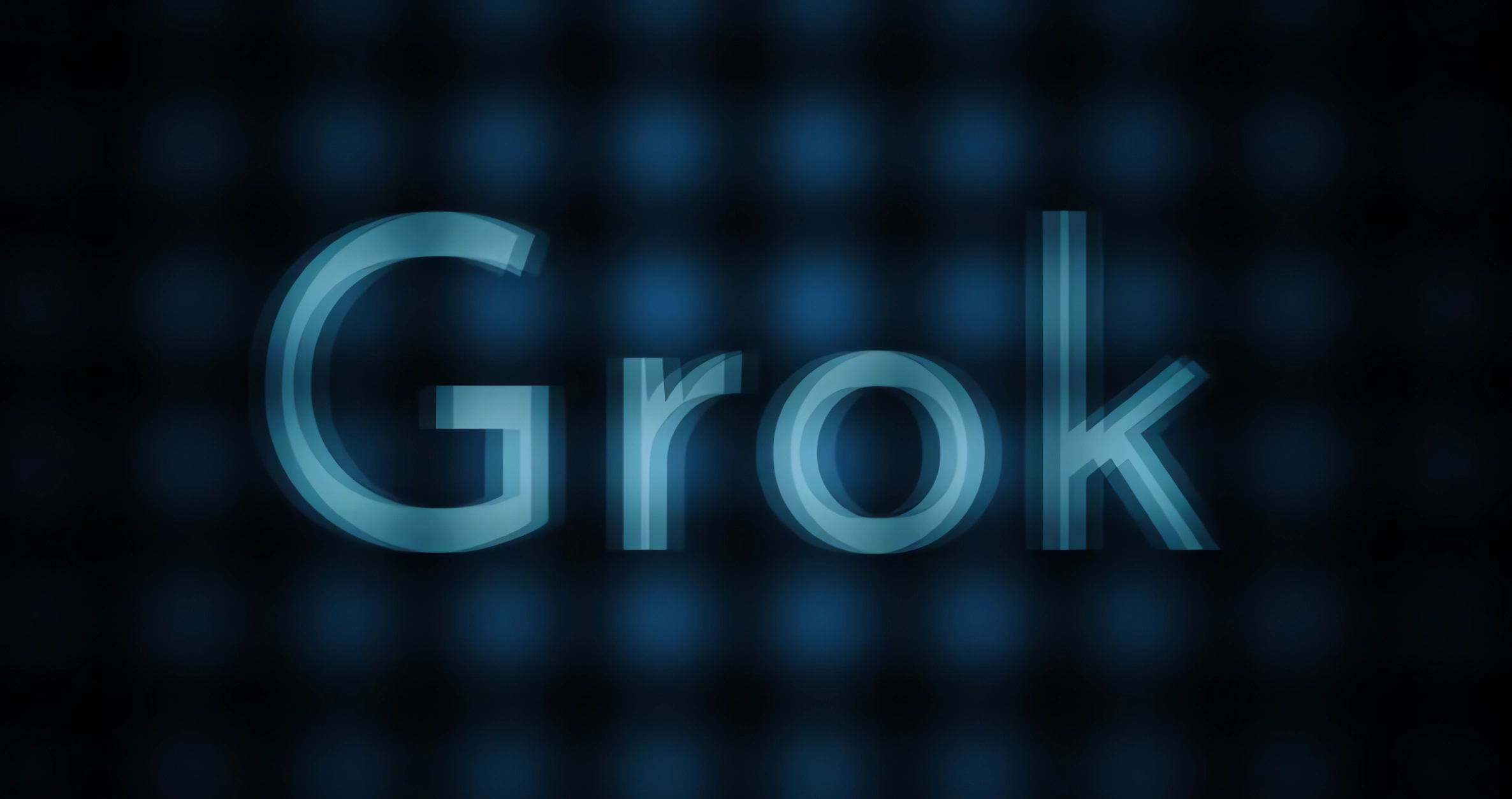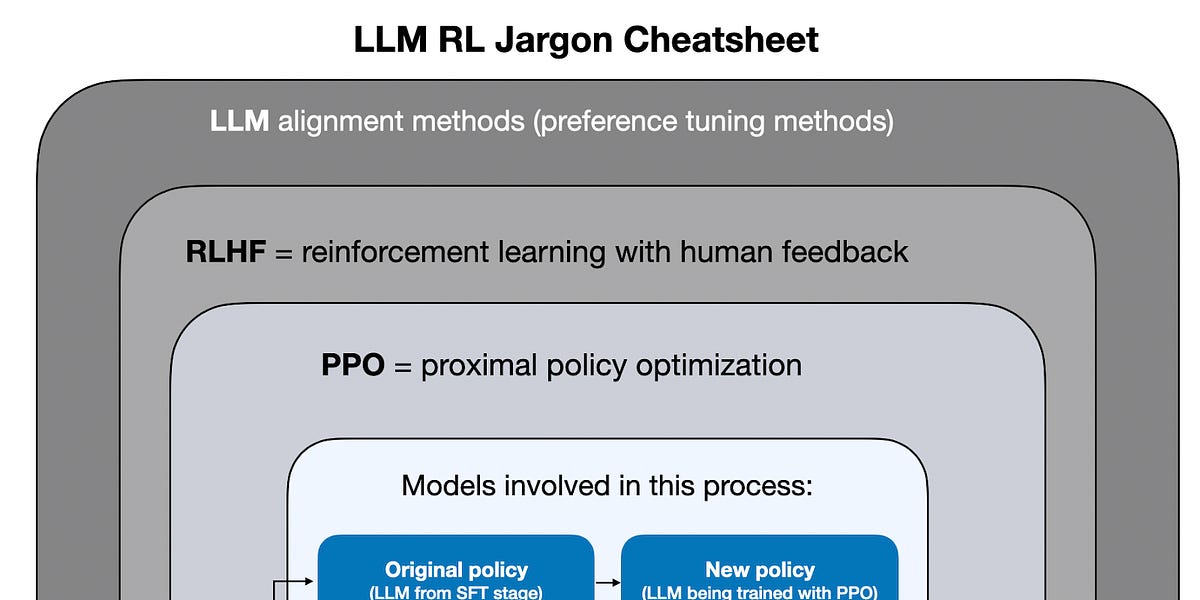The database market, estimated at around $120 billion, is crowded with players ranging from cloud providers like AWS, Microsoft, and Google, to specialised database companies such as Redis and MongoDB, and even Databricks and Snowflake.
But when it comes to SingleStore, which started out as a feature of the same name under the company name MemSQL, it has carved out a unique niche by evolving from its original in-memory SQL database roots to a more versatile, general-purpose database solution.
The company’s architecture, which supports millisecond latency at petabyte scale, positions it well for applications requiring high performance across diverse data types. This focus on speed and scale is particularly relevant in the context of AI, where real-time data processing and analysis are critical.
Redis Clone?
With this, SingleStore is locking horns directly with the king of real-time databases, Redis, which recently introduced Redis 8, a major update to its data platform, offering advanced features to its community of developers. Alongside Redis 8, the company unveiled Redis for AI, a new package designed to support the modern AI stack, and several other products aimed at enhancing developer workflows.
“Redis is not a competitor,” said Raj Verma, CEO of SingleStore, while speaking with AIM, explaining that they are essentially a caching layer and are open source and are going through challenges with the fork with AWS. “We wish them well,” he added, that with around $100 million plus size in the market, Redis will also be in the top 20 database providers in the world.
Similar to Redis, SingleStore’s strategy also includes fostering the developer ecosystem and recently launched programs to support startups and also offering free access to its platforms for lowering the barriers to entry. “The more usage we have of our product in a wider ecosystem, the more it hardens our product,” he explained. “We are for-profit, naturally, but we also believe in creating a product that developers love and recommend.”
With AI coming into the picture, a lot has changed in the last two years. But SingleStore’s focus on delivering speed, scale, and multimodal support keeps it competitive. “Everyone has a piece of the pie in this market,” Verma noted.
The company positions itself as a viable and sustainable option in the market. According to the latest DB Engines ranking, there are 368 database engines. “While the market may seem crowded, if you dig deeper, you’ll find that 200 to 250 of these are academic projects with no meaningful revenue,” added Verma.
After filtering out the academic projects, there are roughly 100 database engines left. Further analysis reveals that fewer than 30 of these are companies making $50 million or more annually. “Based on this analysis, we can consider ourselves among the top 15 database companies globally in a $120 million market. If not 15, then certainly within the top 20,” said Verma.
“13th Best Database Company in the World”
Given such a big market size of databases, Verma explained that the combined revenue will still not surpass $7 to $10 billion. However, there’s around $120 billion worth of data currently residing on incumbent databases.
A substantial portion of the data, tied to legacy systems such as AWS and others, will be slow to migrate to modern databases, potentially taking up to a decade. “But $80 billion worth of data is set to leave these incumbent databases and move to modern platforms,” Verma said.
“Imagine there are 2 or 3 companies each worth $10 billion or more—like AWS, SQL Server, and possibly Snowflake, though it looks a bit pricey right now,” said Verma, that these companies might dominate the market. However, $50 billion worth of incumbent databases will undergo modernisation.
“So, in theory, we could see the rise of 50 new database companies, each worth $1 billion, over the next 3 to 7 to 10 years. But of course, that’s not realistic,” Verma added.
“As I often joke with analysts, I don’t wake up every morning aiming to be the 13th best database company in the world. But even if I were, it would still be a multi-billion dollar opportunity.”
Cloud service providers will always have their databases, but many modern CIOs prefer not to be locked into a single cloud provider. They seek a cloud-agnostic data strategy, which is where Databricks, Snowflake, and MongoDB and even SingleStore come into play, alongside traditional cloud database providers.

 6 months ago
49
6 months ago
49


